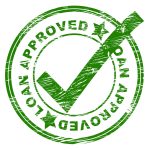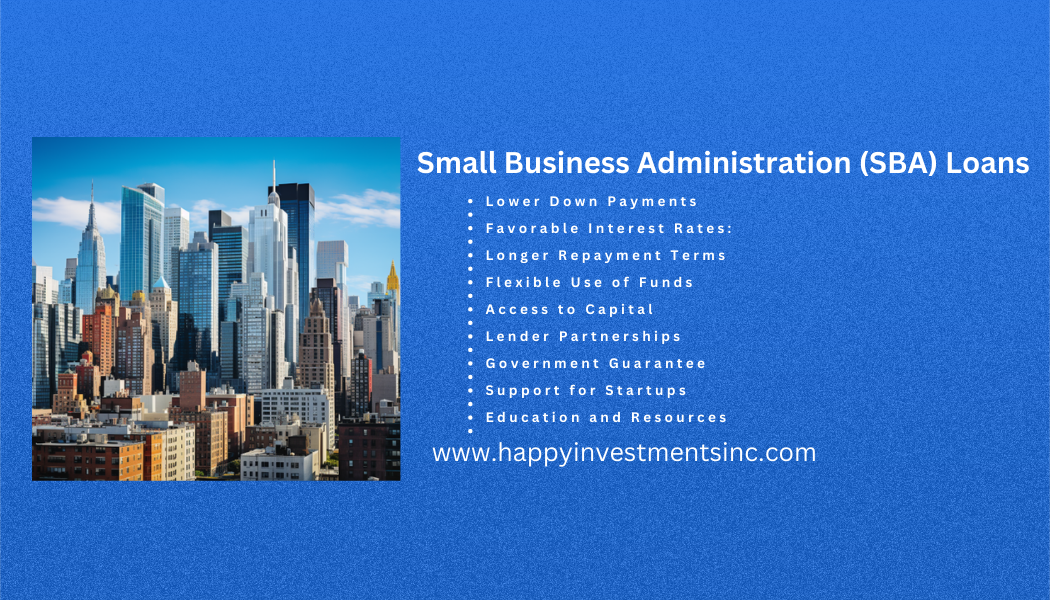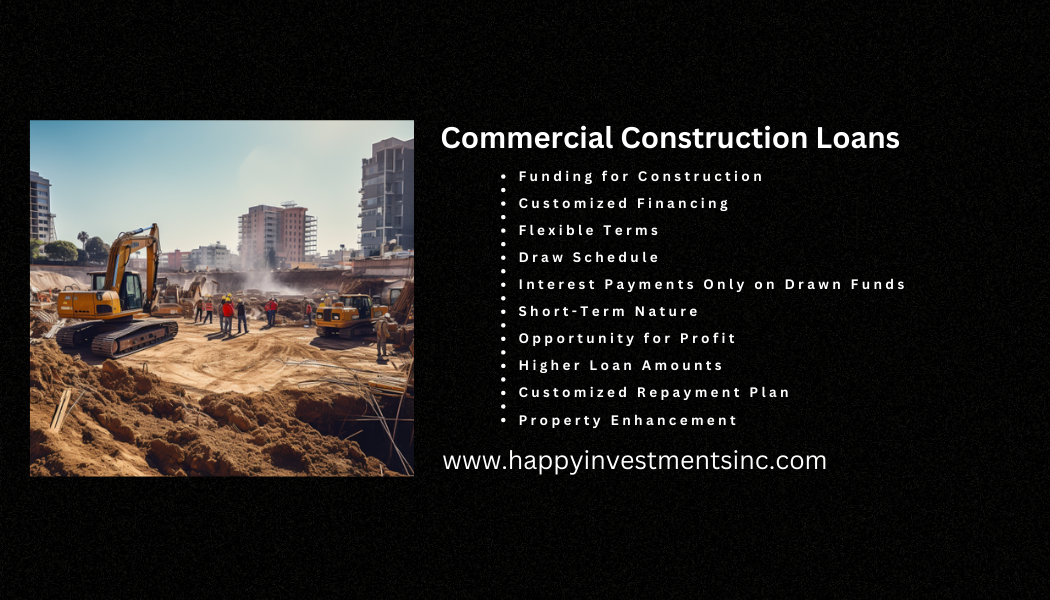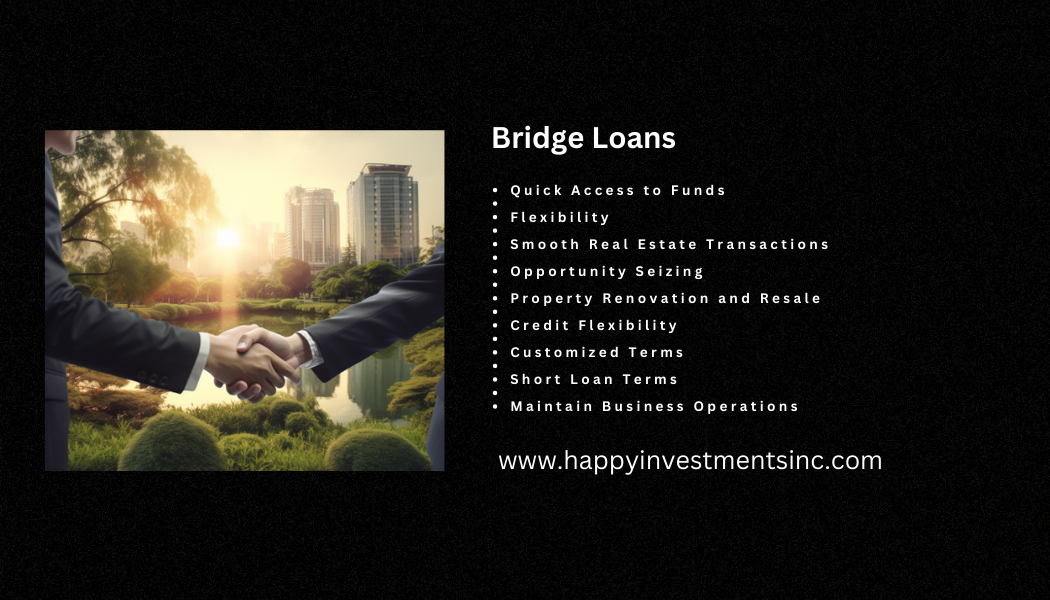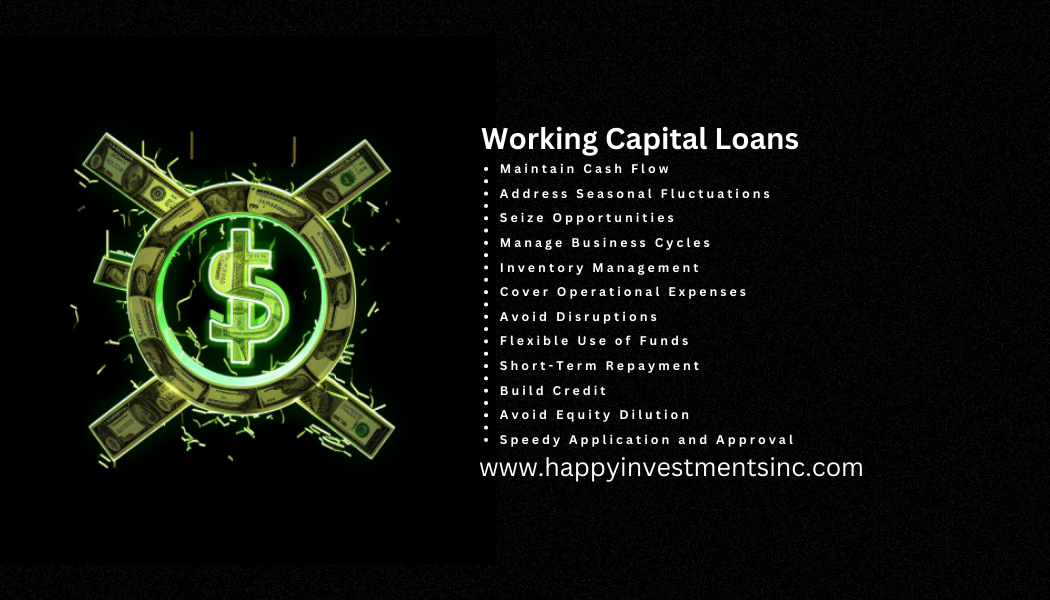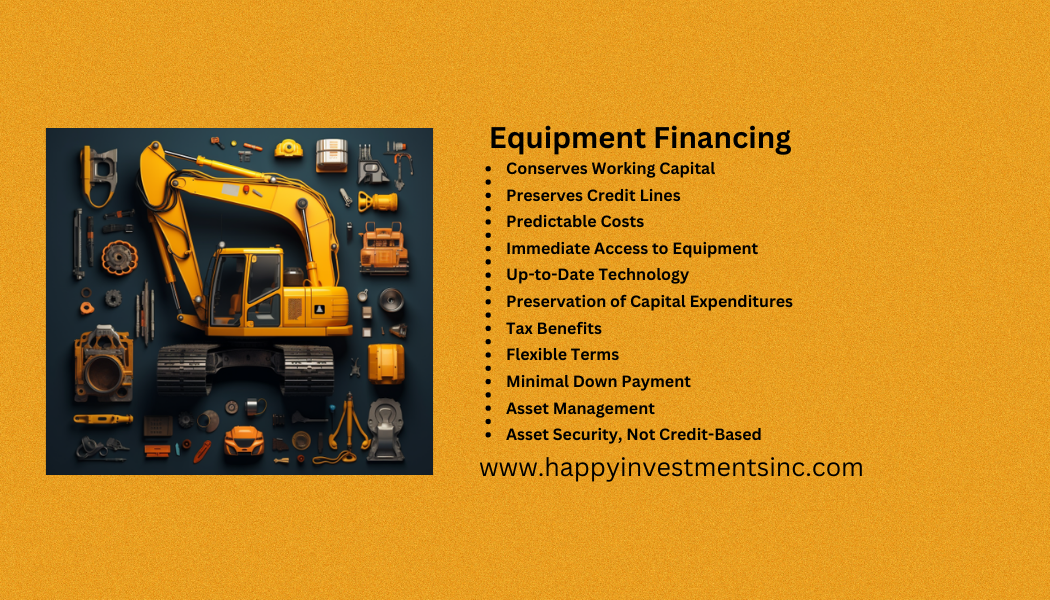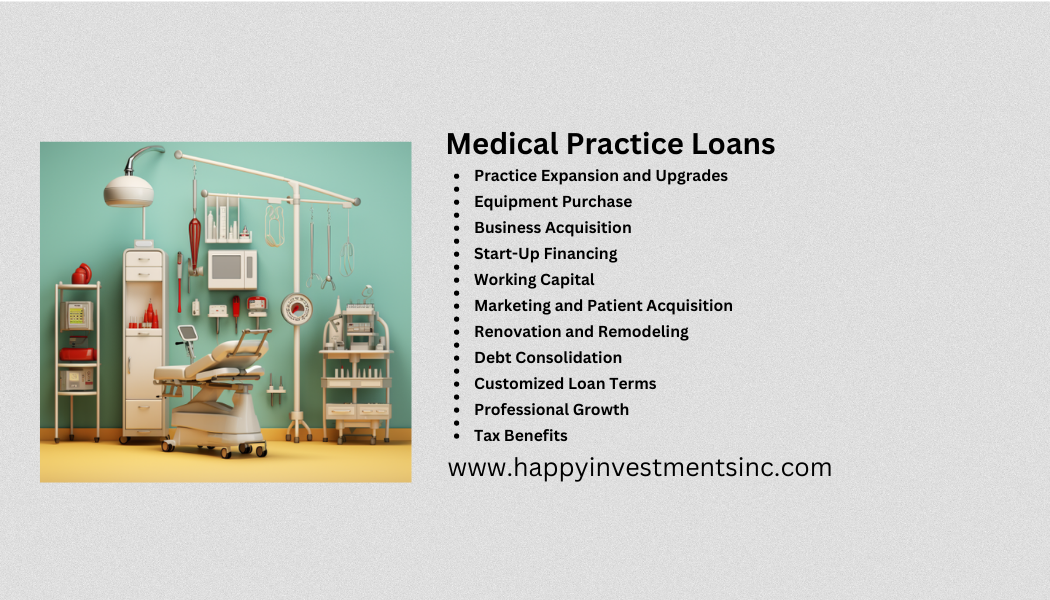
Commercial Real Estate Loans are monetary instruments designed to supply financing for various types of business property acquisitions, developments, and restorations. These loans are typically secured by the residential or commercial property itself and are a vital resource for services and investors wanting to broaden or enhance their property holdings. Different sorts of Commercial Real Estate Loans include:
- Traditional Commercial Mortgages: These loans operate similarly to domestic home loans, where the debtor gets a lump sum upfront and repays the loan quantity along with interest over a given duration. They are commonly utilized for acquiring or refinancing residential or commercial properties such as office buildings, retail centers, and storage facilities.
- SBA 7( a) Loans: Offered by the Small Business Administration (SBA), these loans supply financing to small companies for genuine estate acquisitions, building, or refinancing. They often feature beneficial terms and lower down payment requirements.
- Commercial Construction Loans: These loans are developed to money for the building of brand-new industrial homes or significant remodeling of existing ones. The funds are paid out in phases as the building advances.
- Bridge Loans: Bridge loans supply short-term financing to bridge the gap between instant financing requirements and longer-term financing solutions. They are typically used for time-sensitive deals or when a property needs restorations prior to it receiving long-term funding.
- Commercial Equity Loans: Also known as equity credit lines, these loans enable property owners to use their residential or commercial property’s equity to money different business needs, such as growth, working capital, or improvements.
- CMBS Loans (Commercial Mortgage-Backed Securities): These loans involve product packaging a pool of commercial realty loans into securities that are offered to investors. The income produced from the underlying loans serves as collateral for the securities.
- Hard Money Loans: These are short-term, high-interest loans frequently utilized by real estate investors for quick acquisitions or to take advantage of time-sensitive opportunities.
- Mezzanine Loans: Mezzanine funding sits between senior debt and equity in a capital stack. It’s a way to secure additional funds utilizing the property as security, typically utilized for development jobs.
- HUD/FHA Loans: Provided by the U.S. Department of Housing and Urban Development (HUD), these loans provide financing for multifamily homes, health care facilities, and other types of commercial realty tasks.
- Owner-Occupied Commercial Real Estate Loans: These loans are customized for businesses that plan to occupy the majority of the property they buy. They typically come with favorable terms and lower down payment requirements.
Each type of Commercial Real Estate Loan serves various purposes and includes varying terms, rates of interest, and eligibility requirements, permitting services and financiers to choose the funding choice that best aligns with their needs and objectives.







